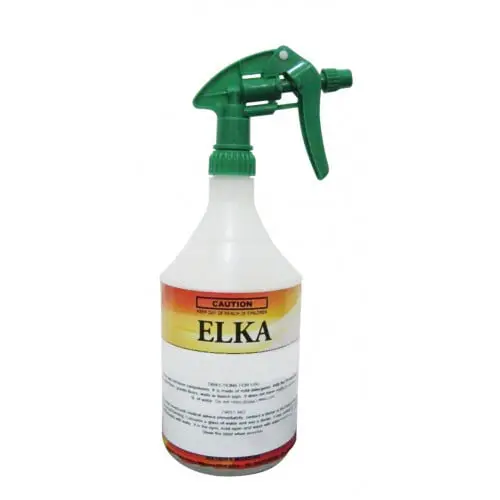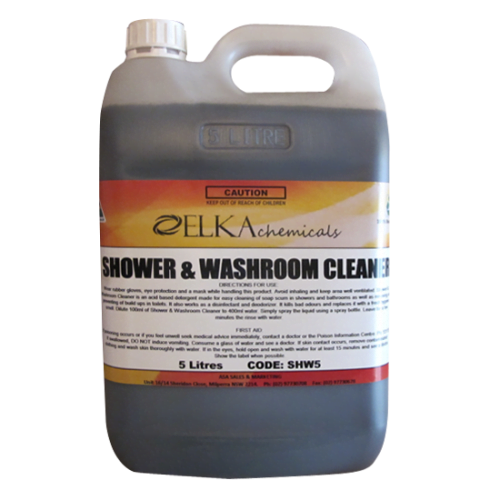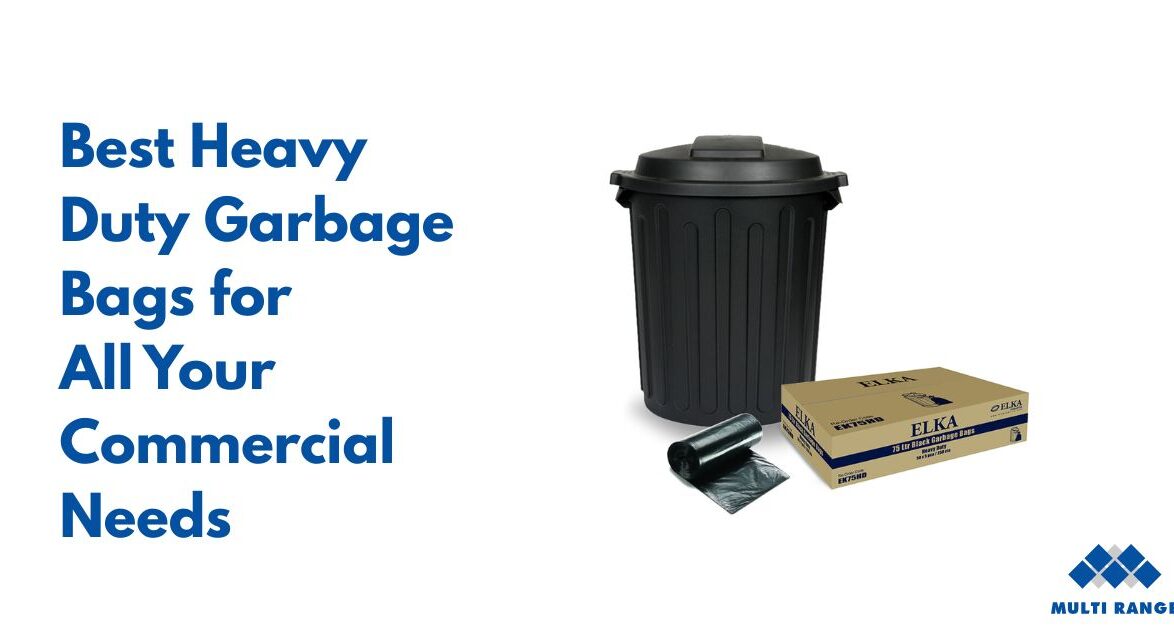

The first tip to keep in mind is that bulk cleaning products should only be purchased at a warehouse supplier. The products you find in stores are meant for residential use and not for heavy industrial use. A typical bleach and ammonia cleaner, for instance, might be fine for wiping a household kitchen counter but is nowhere near enough for cleaning a public lavatory that receives daily traffic from hundreds to thousands of people.
The same is true when it comes to the cleaning equipment. A vacuum cleaner designated for home use, for example, may not have the sufficient wattage to handle the heavy foot traffic from staffers and customers at a public venue.
Cleaning liquids are often the first to come to mind when it comes to janitorial supplies. This includes those for windows, tiles, counters and other surfaces. Currently, there is a lot of buzz about using eco-friendly cleaning products. For the most part, this is fine when it comes to residential cleaning, but such products are often insufficient for commercial use. For a restaurant kitchen, for instance, you need a liquid solution fortified with alkaline ingredients that contains strong degreasing properties. This may include sodium tripolyphosphate, sodium meta silicate, and chalets just to list a few.
Examine your own facility; do you have tile, wooden, or carpeted floors? What kind of counters and tables do you have? Also, does your facility handle food items or chemical-based products? Asking these questions will help you determine what kind of cleaning liquids you need. It goes without saying that rooms like a cafeteria will need stronger cleaning liquids than an office or classroom.
Of course, you also have to look into disposable cleaning equipment, such as trash bags, sponges and paper towels. Again, these all need to be of higher quality than their home-use counterparts. Garbage bags, for instance, need to be able to handle the heavy load of trash and not completely rip apart when you’re taking out the trash. Always acquire the best cleaning products from a warehouse supplier as their products are designed specifically for bulk distribution and industry use.
Industrial cleaning equipment also includes appliances that you will be using on a regular basis. For carpeted floors, you will need a vacuum cleaner. This is an essential piece of industrial cleaning equipment that is needed for facilities with carpeted areas, rugs and multiple upholsteries. A vacuum’s power is determined by its wattage, which generally ranges from 300 to 1500 watts. Obviously, an industrial cleaner will need to be on the higher end of the scale. There is no strict rule here, though you should aim for a vacuum with wattage of at least 1000. This should provide ample motor and suction power to extract dirt embedded deeply into the carpet’s fiber strands.
Cleaning a carpet isn’t just about removing dirt and debris; it also has to be steamed cleaned in order to remove the buildup of mildew, germs, and mold. This part of the work is often outsourced to a professional carpet cleaning service, though it can also be done by your own staff members provided that you have a high quality carpet extractor and steamer. Like vacuum cleaners, steamer motors also come in watts, so look for a model that preferably has at least 1000 watts, though again, this is not an ironclad rule. Factors like the type of carpet and amount of foot traffic will determine the motor power that’s needed.
For tile and linoleum floors, you not only want to give it a periodic clean but you also want to give it a gloss so shiny that you can almost see your reflection. Polishing the floors also gives the area a heightened aesthetic appeal, which is very important if your facility receives customers or is open to the public.
A floor buffer should be used whenever the floor begins showing signs of scuffs and marks from the daily foot traffic. When choosing a floor polisher, check the motor’s RPM. Contrary to popular belief, a higher RPM isn’t necessarily better. An RPM of 400 or below will usually suffice for stain removal and polishing. Some models have a motor RPM as high as 3000. This speed level isn’t necessary and may even be counterproductive as these are usually more difficult to handle and are also more likely to overheat.
Another item you should have in your facility is a hand dryer, which should be installed in every restroom. A hand dyer is not really considered a cleaning product. Keep in mind, though, that a clean facility is a hygienic facility, and drying your hands is an essential component for a germ-free environment. This also cuts down on the use of paper towels, which is not only good for the environment but also cuts down on your overhead costs. It also means lesser instances of overflown garbage bins with paper towels littered around the floor.
Commercial cleaning Sydney requires industrial grade equipment and supplies when it comes to working with public facilities. Look for a warehouse supplier that carries bulk cleaning products at a low cost. These are also the businesses that cleaning services turn to when acquiring their own products. The economical bulk pricing also enables these services to provide affordable commercial cleaning rates for their own clients.
Commercial cleaning Sydney must always fall in line with health compliance laws, and this begins with having the right equipment and supplies for ensuring that public facilities are cleaned to federal guidelines. Whether you outsource the cleaning to a third party agency that charges affordable commercial cleaning rates or have your own staff do the cleaning, remember that cleanliness is a part of daily business maintenance operations.

Leave a Comment
Your email address will not be published. Required fields are marked *
You must be logged in to post a comment.